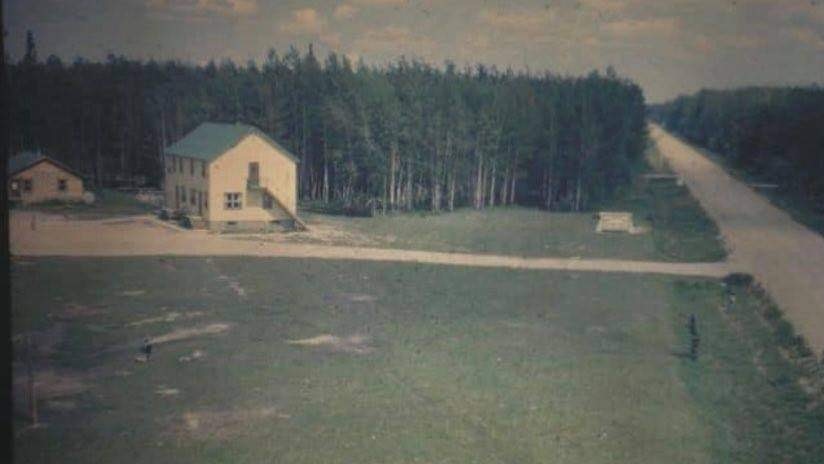WARNING: Disturbing content
Northeastern Chiefs said they feel confident following a meeting with the federal government in trying to get the Timber Bay residential school formally recognized.
Chief Joyce McLeod-Naytowhow of Montreal Lake Cree Nation, Chief Karen Bird of Peter Ballantyne Cree Nation, Chief Tammy Cook-Searson of Lac La Ronge Indian Band, Prince Albert Grand Council Grand Chief Brian Hardlotte and Federation of Sovereign Indigenous Nations Chief Bobby Cameron, met Friday with Indigenous Services Minister Marc Miller to discuss the Timber Bay school, but also seek compensation for survivors of other institutions.
“Canada maintained and has continued to maintain responsibility for the children who were sent off-reserve to Timber Bay Children’s Home for the purposes of education. To be denied this recognition is another abuse that these children continue to endure at the hands of the Canadian governments,” said Chief Karen Bird of Peter Ballantyne Cree Nation.
The Timber Bay school began operation in 1952. In 2017, the Saskatchewan Court of Appeal ruled that Timber Bay was not a residential school, as it was not government-run. Yet the facility housed children who attended other residential schools.
“We all left the meeting feeling confident that Minister Miller heard the voices of our Chiefs on this matter. For too long we have argued that Canada needs to assume responsibility of this institution, because the children were placed there away from the family by or under the authority of Canada for the purpose of education; and, that they were jointly or solely responsible for the operation of the residence and care of the children resident there,” Grand Chief Brian Hardlotte said.
The RCMP is investigating a historical allegation from the Timber Bay school, dating to 1974, stating this is the only claim Mounties are investigating at a residential school.
“Many First Nations children were forced to attend Timber Bay Children’s Home against their will and the wishes of their parents and communities,” said FSIN Chief Bobby Cameron. “Hundreds of our children that attended this school faced the same genocide, the same atrocities, and the same abuses as the thousands of Indian Residential School survivors across our Treaty territories. We will not stop until they receive their rightful recognition and compensation.”
Chiefs and advocates in the province are also calling on Ottawa to recognize the Ile a la Crosse residential school, recently bringing that institution to the attention of Prime Minister Justin Trudeau.
Support is available for those affected by their experience at Indian Residential Schools and in reading difficult stories related to residential school. The Indian Residential School Crisis Line offers emotional and referral services 24 hours a day at 1-866-925-4419. In Saskatchewan, the Regina Treaty Status Indian Services at 306-522-7494.
